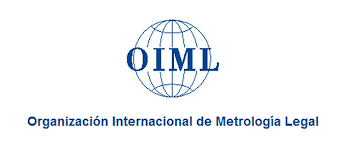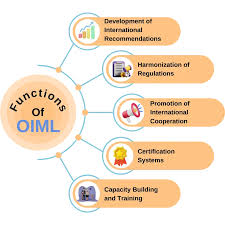Looking for cost‑effective OIML certification? You’re in the right place. Our experts will guide you through every step of the OIML Certification System for weighing and measuring instruments, helping you gain international recognition and streamline your import/export compliance.
What Is OIML? – OIML Full Form
OIML stands for the International Organization of Legal Metrology. It’s an intergovernmental body that develops and publishes global standards for legal metrology.

What Are OIML Standards?
The OIML (from French Organisation Internationale de Métrologie Légale) was founded in 1955 to harmonize legal metrology procedures worldwide. Headquartered in Paris, its mission is to ensure that a certificate issued in one country is recognized in another—facilitating international trade in weighing and measuring devices.
What Products Are Covered/Eligible for OIML Certification?
OIML certification applies to a wide range of instruments, including industrial scales, laboratory balances, fuel dispensers, volumetric meters, and medical measuring devices. If your product measures weight, volume, or dimension for commercial transactions, OIML standards likely apply.
